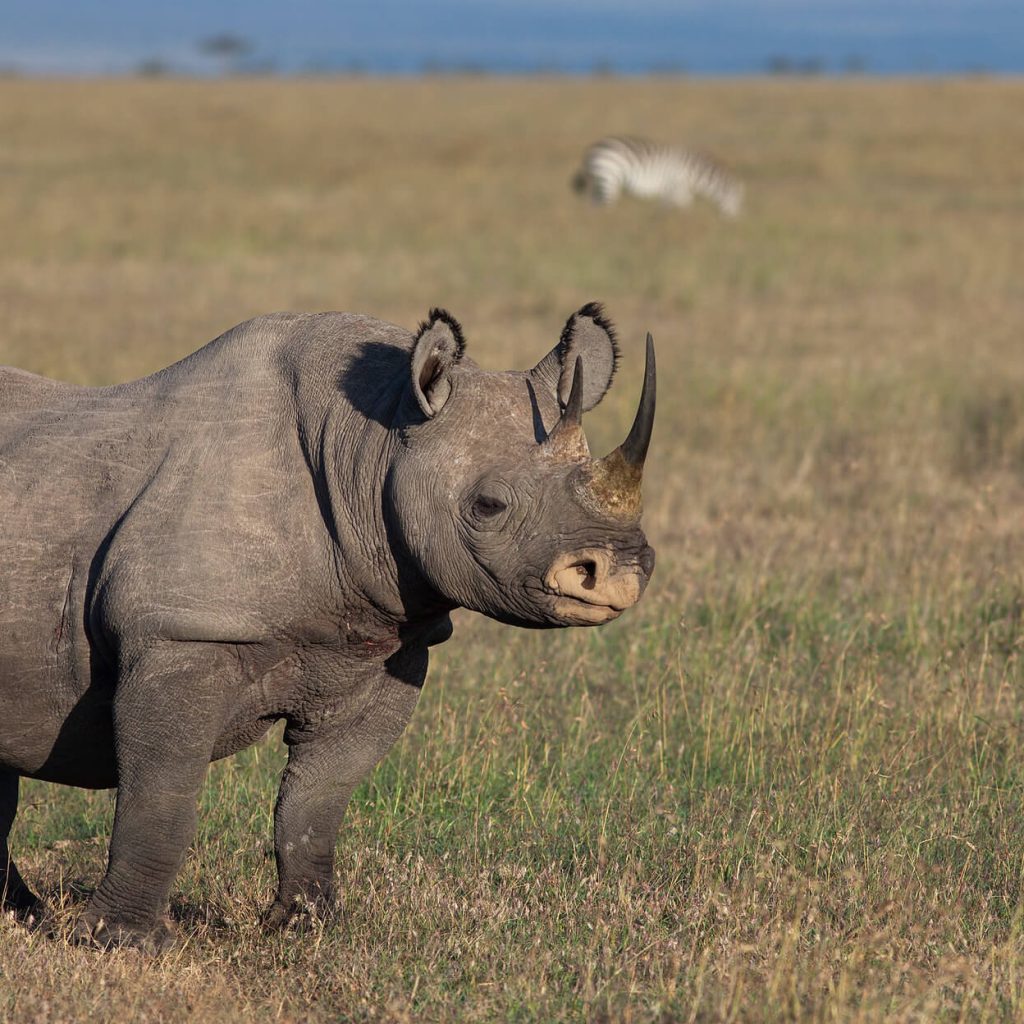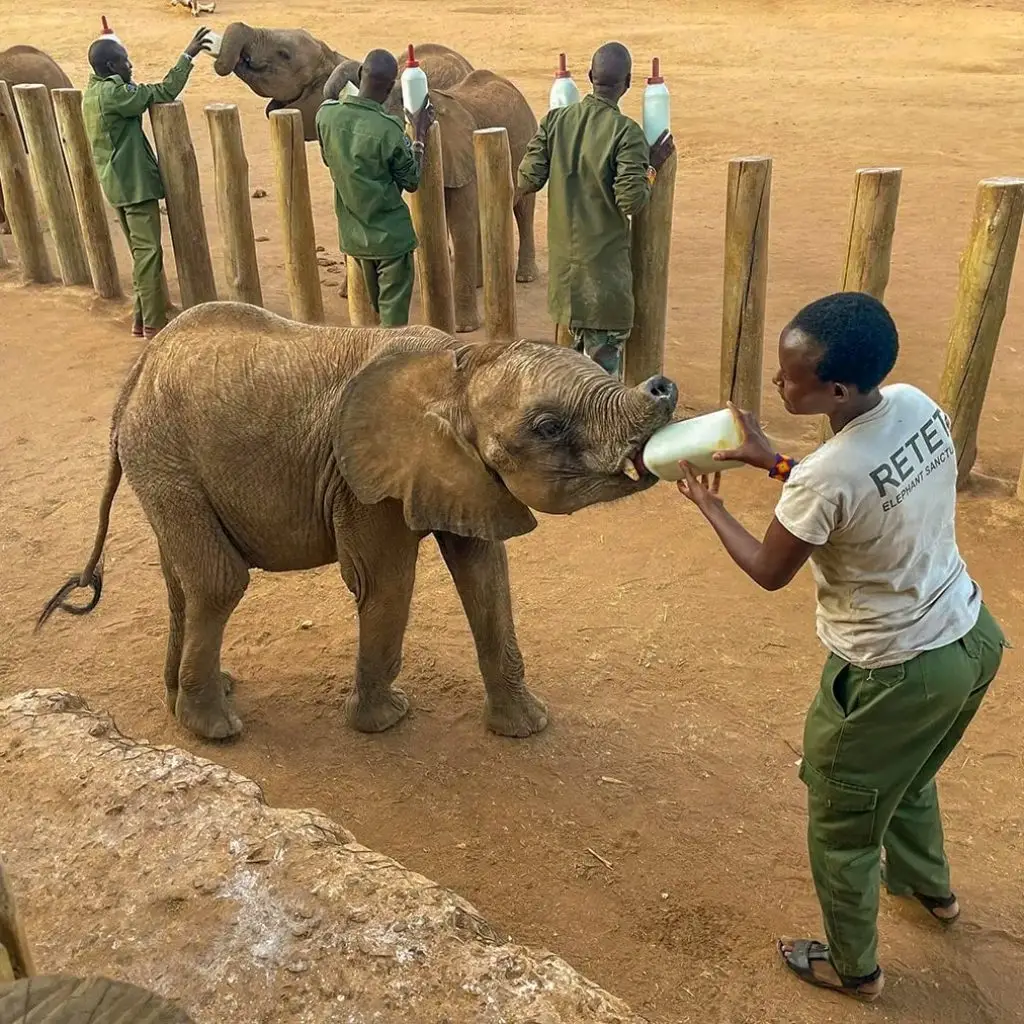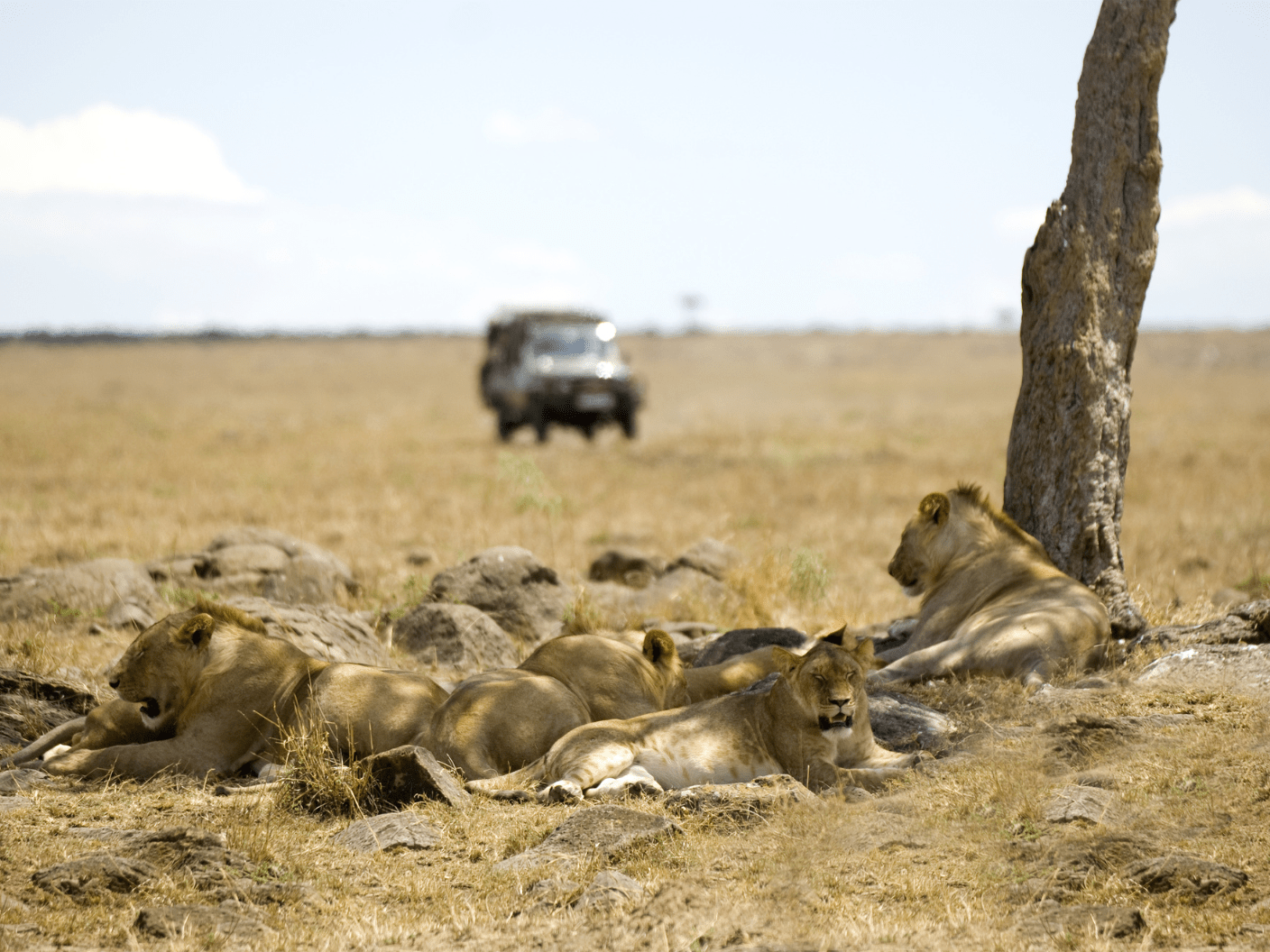Conservation is no longer the sole responsibility of governments and NGOs. It is a global call to action—one that requires the participation of individuals, communities, and travelers alike. For those who step into some of the world’s most fragile ecosystems, the question is no longer “What can I see?” but rather “What impact can I create?”
At NatuAsili, we believe that travel can be a force for good, transforming visitors into active contributors to conservation and community empowerment. Every journey has the potential to preserve landscapes, protect wildlife, and uplift local communities.
How travel can drive conservation
Tourism is one of the most powerful economic drivers in conservation areas. Africa’s wildlife-based tourism alone contributes nearly $34 billion annually to local economies. However, for conservation to be truly effective, it must go beyond economic benefits. It must also foster deep connections between travelers, nature, and the communities that act as stewards of the land.
When done with purpose, travel provides:
- Direct funding for conservation as a portion of tourism revenue supports critical initiatives like anti-poaching efforts, habitat restoration, and species monitoring.
- Community empowerment as ethical tourism ensures local communities benefit directly, creating sustainable livelihoods linked to conservation.
- Greater awareness and advocacy with immersive conservation experiences inspire travelers to champion environmental protection long after their trip ends.
Experiencing conservation firsthand
Imagine standing in the heart of Ol Pejeta Conservancy, tracking black and white rhinos alongside expert guides. These aren’t just wildlife encounters—they’re experiences that immerse you in the ongoing fight to protect endangered species. Every visit supports conservation programs that safeguard these animals from poaching and habitat loss.

Now, picture yourself in Laikipia, exploring vast landscapes where conservationists and communities work hand-in-hand to balance wildlife protection with sustainable development. Here, you’ll see firsthand the impact of coexisting with nature, whether it’s through predator-proof bomas (livestock enclosures) or innovative community conservancies that generate income from eco-tourism.
Beyond the savannas, the conservation story extends to the Kenyan Coast, where marine ecosystems face increasing threats. Organizations like Big Ship CBO and Local Ocean Conservation work tirelessly to protect coral reefs, restore mangroves, and ensure sustainable fishing practices. By engaging with these initiatives, travelers become more than spectators—they become allies in safeguarding vital ecosystems.
Beyond wildlife – conservation and communities
Conservation is about more than just protecting animals. It is deeply intertwined with the well-being of the people who share their lands with wildlife. Without sustainable livelihoods, communities are often forced into unsustainable practices such as poaching or deforestation to survive. That’s why conservation must also empower local people.
Take Reteti Elephant Sanctuary in Samburu, for example. This community-led initiative is the first elephant rescue center in Africa owned and operated by the indigenous Samburu people. It not only saves and rehabilitates orphaned elephants but also provides employment opportunities for local men and women, ensuring that conservation benefits everyone.

When travelers visit Reteti, they witness how conservation and community development go hand in hand. They see the faces behind the efforts, hear the stories of resilience, and understand that their visit directly supports these initiatives.
Your Role in Conservation Through Travel
Every journey you take can leave a legacy. Here’s how you can contribute to conservation before, during, and after your trip:
Before you travel
- Choose travel providers and lodges that prioritize conservation and community engagement.
- Learn about the conservation challenges and projects at your destination.
- Pack responsibly—bring reusable water bottles, and eco-friendly toiletries, and avoid single-use plastics.
During your trip
- Support conservation programs by visiting sanctuaries, reserves, and marine protection initiatives.
- Respect wildlife and local cultures—observe animals from a distance and avoid exploitative experiences.
- Engage with community-led projects and shop from local artisans.
After you return
- Share your experiences to raise awareness about conservation and sustainable travel.
- Continue supporting the projects you visited through donations or advocacy.
- Make conservation part of your lifestyle support ethical brands, reduce waste, and advocate for environmental protection.
Turning travel into a movement
At NatuAsili, we believe that conservation should not just be a cause—it should be a collective commitment. Each traveler has the power to make a difference, ensuring that the places they visit today remain protected for future generations.
By choosing to travel with purpose, you are not only enriching your own experiences but also contributing to something far greater than yourself.
Are you ready to be part of the movement? Learn how you can travel with purpose at natuasili.com

0 Comment